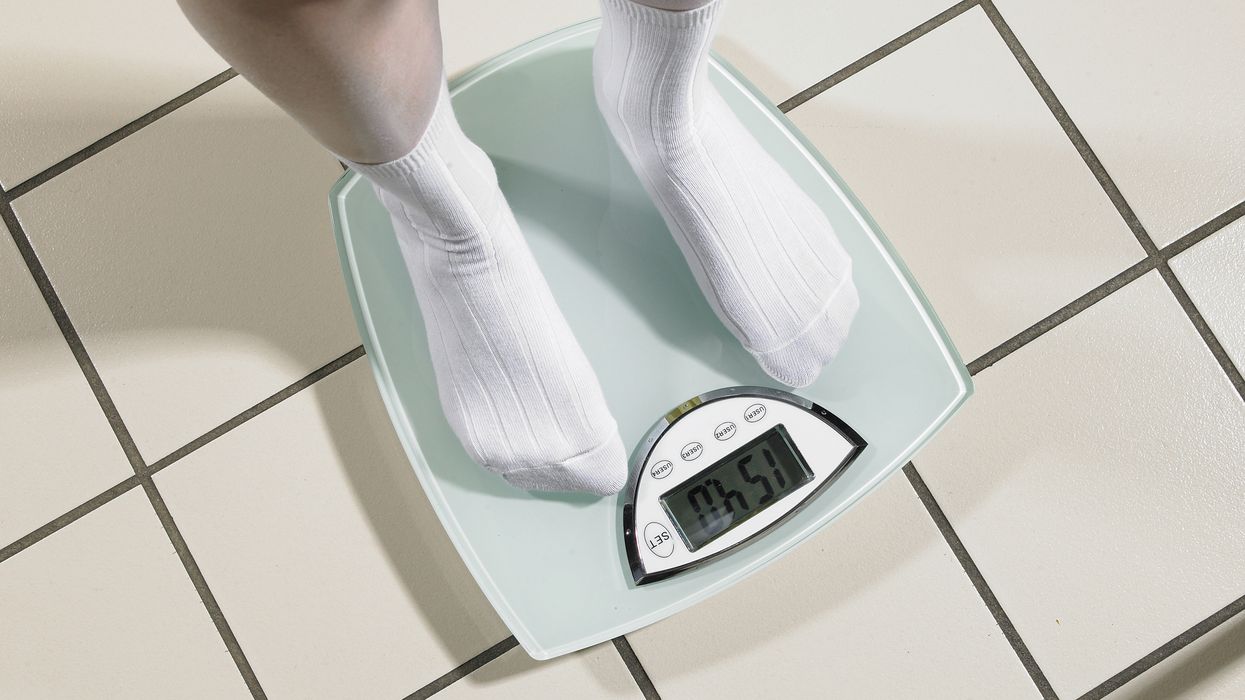DOT report: Exemptions have little impact on safety
Does being relieved of having to comply with DOT safety regulations make you less safe? A recent government study suggests the answer, at least in limited cases, is no.
The Federal Motor Carrier Safety Administration (FMCSA) study looked at whether regulatory relief granted to six types of motor carriers and drivers in 2015 has harmed highway safety.
FAST exemptions
Unlike exemptions issued directly by the FMCSA, these six exemptions were granted by Congress as part of the Fixing America’s Surface Transportation (FAST) Act. They include exemptions that:
- Extend length limits for automobile transporters hauling backhaul freight.
- Allow drivers of ready-mix concrete delivery vehicles to work a 14-hour day under the short-haul exception (though the rules were changed in 2020 to allow all short-haul drivers to work 14-hour days).
- Extend the allowable air-mile radius from 50 miles to 75 miles for drivers transporting construction materials and equipment and using the 24-hour restart option.
- Allow up to 82 feet of length for the commercial delivery of light- and medium-duty trailers.
- Remove many vehicle and driver safety requirements for operators of pipeline welding trucks.
- Allow states to exempt drivers from needing a hazmat endorsement for transporting up to 1,000 gallons of diesel for certain agricultural purposes.
What did they find?
Congress required the FMCSA to study the exemptions and report on whether they’re affecting highway safety. After surveying its state-level field officers and reviewing federal crash data, the agency could find little evidence of a safety impact:
- On average, nearly 90 percent of survey respondents said the exemptions led to no decrease in safety; and
- Crash data revealed “no identifiable changes” to crash trends involving vehicles likely to be eligible for the exemptions.
The FMCSA cautions that the study had “significant limitations” due to a lack of data, partly due to the small number of eligible drivers.
Exemptions are still available
Several of the exemptions may be found in current FMCSA regulations:
- Transportation of construction materials and equipment: 49 CFR 395.1(m) and 395.2
- Pipeline welding trucks: 390.38
- Short-haul operations: 395.1(e)
The Federal Highway Administration has guidance on the vehicle size and weight changes at www.fhwa.dot.gov/fastact.
Contact your state licensing agency for information about the hazmat endorsement exemption.
Key to remember: A new study found no safety impact from six exemptions that Congress passed into law in 2015 as part of the FAST Act. Most of the exemptions remain in effect today.






















































